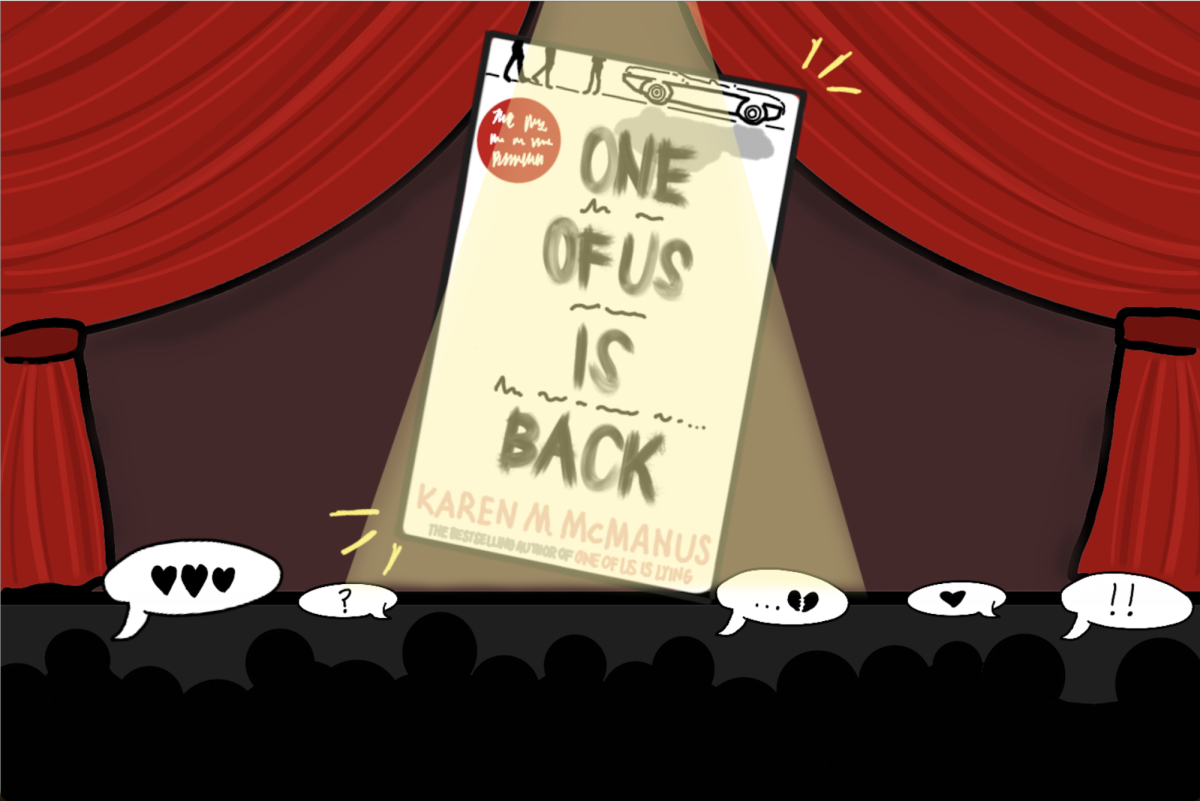It used to be that someone would have to muster up the courage to go, face-to-face, and ask someone out if they were interested in them. But in this modern world in which numerous ways to communicate are so conveniently available, interactions have changed.
According to a survey conducted by The Standard, more than 48 percent of students have been involved in a series of text messages where one of the parties was trying to make a sexual advance. ASL, like many other communities, has found technology to be directly intertwined with its everyday social interactions.
Health teacher Joy Marchese has observed this reliance on technology in communicating with others and notes how the aspect of asking someone out, in particular, has changed. “Now anyone can do that [ask someone out]; they don’t have as big of a fear of being rejected because at least they can hide behind the technology,” she said.
And these instances are not limited to texting either. Students use apps such as Tinder or Snapchat to diversify sexual interactions. A junior boy who has used Tinder casually, but has never taken a conversation beyond basic conversation, said “I don’t really know why I started using it. A senior from last year turned me on to it. He said it was a good way to test out your game. I checked it out and talked to a few girls.”
“It’s a possibility to instigate sexual activity. I haven’t explored it but I know others previously at ASL who have.”
Hayden Victor (’15) has also seen Snapchat used to instigate potential interaction. “I’ve heard examples where people have sent Snapchats to a bunch of girls to see what would happen. People use Snapchat in more of a dating kind of way.”
Zara Mandel (’16) noticed how all of this has come together to depersonalize social interactions. “If someone needs to have a serious conversation they’ll say ‘Oh, I’ll just text them’ but the other thing about that is people can just avoid those messages. In person you could get it done in two minutes,” she said. “Often I find people are really different online as opposed to in person.”
Victor also notices how all of this encourages a less-personal relationship. “I would say [it’s easier] because often times people are intimidated by face-to-face contact. With technology you have a less personal interaction which makes it easier for introverted people.”
Beyond the fact that these advances in technology have made relationships less personal, they have also brought up the issue of relationships being formed purely for sexual gains.
A sophomore boy, who has used dating apps such as Tinder and Omegle in the past, said, “For some reason there’s a lot of guys and not very many girls [using these applications]. People have used it to get nude pictures. You meet random girls and ask them for pictures. That was its main function.”
And while Victor has not personally engaged in these activities, he does agree that relationships built off of texting add a larger focus onto the sexual side of a relationship. “I think texting in general has increased sexuality in a relationship because people are willing to say more sexual things,” he said. “It’s usually taboo to talk about but over text [people might find it] easier.”
It raises the question, while new apps and technology have made connecting easier, has it at the same time ruined the intimacy of relationships? “There are people that date, yet they really only communicate via WhatsApp or whatever [means] they’re using,” Marchese said. “How can you really connect with people without hearing [their] tone of voice, or seeing their body language or getting to really physically connect face-to-face?”
zack_ashley@asl.org







